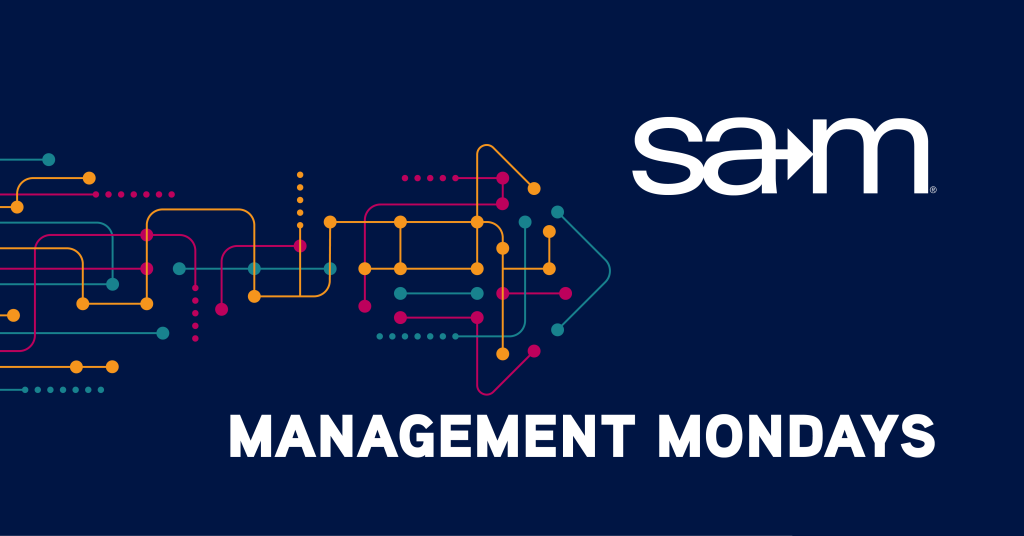
In today’s recruitment practices, emphasis on a candidate’s emotional intelligence is becoming increasingly prevalent. Emotional intelligence pertains to one’s aptitude in recognizing, comprehending, and managing one’s own emotions, as well as discerning and influencing the emotions of others. This attribute encompasses competencies such as self-regulation, empathy, and social skills.
The reason for this shift is clear: individuals with high emotional intelligence contribute to a harmonious work environment, are more likely to handle responsibilities effectively, and have a higher chance of achieving success. Indeed, a CareerBuilder survey revealed that 71% of employers prioritize emotional intelligence over traditional IQ scores.
To showcase your emotional intelligence within the constrained time frame of an interview, consider the following strategies for its development and demonstration:
Enhancing Emotional Intelligence

Cultivate Mindfulness
To enhance self-awareness and emotional clarity, it’s beneficial to engage in mindfulness practices. Daily meditation or maintaining a journal can be particularly effective. These activities encourage introspection and help individuals to confront their emotions honestly while taking responsibility for their actions, fostering greater emotional intelligence.
Articulate Emotions
Articulating emotions accurately is a critical aspect of emotional intelligence. By expanding your emotional vocabulary, you can better identify and process your feelings. Understanding the nuances between similar emotions, such as boredom and loneliness, and being able to measure the intensity of your reactions can aid in emotional regulation.
Regulate Impulses
Impulse control is a vital skill that prevents hasty actions that might be regretted later. By taking a moment to pause or by shifting your attention, you can reduce the risk of impulsive behavior. This reflective practice allows for more thoughtful responses and decisions.
Exercise Agency
Exercising agency is about taking control and making changes in your life and environment. Being proactive and assertive enables you to influence your circumstances positively, which is a powerful demonstration of emotional intelligence.
Adopt Positivity
Maintaining a positive attitude is essential for reducing stress and for being perceived positively by others. An optimistic person typically looks for solutions rather than fixating on setbacks, which can be contagious and encourage a more productive and positive work environment.
Support Others
Helping others through acts of kindness or community service can significantly contribute to personal happiness and a broader perspective on life. These altruistic behaviors not only benefit others but also enhance the emotional well-being of the helper, reinforcing the social component of emotional intelligence.
Exhibiting Emotional Intelligence During an Interview

In the modern professional landscape, the demonstration of emotional intelligence during a job interview has become as critical as showcasing technical skills and professional experience. Emotional intelligence reflects a candidate’s ability to navigate interpersonal dynamics effectively, a trait that is highly valued across industries. To make a strong impression in an interview, a candidate must be adept at communicating emotional intelligence through both verbal responses and non-verbal cues. The following suggestions provide a framework for candidates to effectively prepare for and display emotional intelligence throughout the interview process, ensuring that they present themselves as well-rounded and perceptive individuals who are not only capable of excelling in their roles but also enhancing the workplace environment.
Prepare Responses
When preparing for an interview, it’s crucial to anticipate questions that may probe your emotional intelligence. Practice delivering thoughtful responses that detail your experiences with emotional challenges. Rehearsing with a friend who can provide honest feedback can help refine your communication and self-presentation skills.
Demonstrate Attentiveness
In an interview setting, demonstrating attentiveness to the interviewer’s words is essential. Active listening, maintained eye contact, and appropriate facial expressions contribute to a positive interaction and indicate a high level of emotional intelligence.
Display Courtesy
Demonstrating consideration and respect during the interview process is key. This includes being punctual for the interview and following up with a thank-you note, which reflects your understanding of professional etiquette and appreciation for the opportunity.
Highlight Personal Development
Discussing personal development during an interview can showcase your commitment to growth and learning. By sharing how you’ve worked to overcome your weaknesses and what lessons you’ve gained from past experiences, you illustrate a mature approach to personal and professional development.
Narrate Conflict Resolution
Conflict resolution stories are an effective way to highlight emotional intelligence. Sharing examples of how you’ve diffused tense situations with clients or colleagues can demonstrate your ability to navigate and resolve interpersonal conflicts with sensitivity and effectiveness.
Convey Passion
Exhibiting genuine enthusiasm for your career and the position you’re applying for can set you apart. Reflecting on your motivations and expressing excitement about the role shows that you’re not just looking for any job, but that you’re eager to contribute to and grow with the company.
Pose Inquiries
Asking insightful questions during an interview is a proactive way to engage with potential employers. Inquiring about the company culture and the interviewer’s expectations demonstrates your interest in integrating into the organization and understanding your potential role within the team.
The cultivation of emotional intelligence extends beyond professional advancement. It is integral to personal growth, health, and the enrichment of both personal and professional relationships. An increased awareness and empathy can profoundly affect all facets of life. By weaving these practices into your professional demeanor, you not only increase your chances of securing a job but also set the foundation for a fulfilling career that is both personally and interpersonally rewarding.
Are you looking to add tools to your management toolkit? Get a solid foundation on the basics by completing a SAM Course in Leading and Managing Small Businesses from our Certifications and Training programs. If you are a SAM Member, take advantage of our 20% off discount by getting your discount code in the Member Portal.

Written By,
Patrick Endicott
Patrick is the Executive Director of the Society for Advancement of Management, is driven by a deep commitment to innovation and sustainable business practices. With a rich background spanning over a decade in management, publications, and association leadership, Patrick has achieved notable success in launching and overseeing multiple organizations, earning acclaim for his forward-thinking guidance. Beyond his role in shaping the future of management, Patrick indulges his passion for theme parks and all things Star Wars in his downtime.
